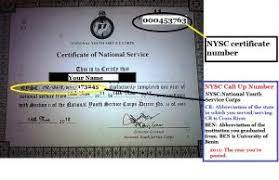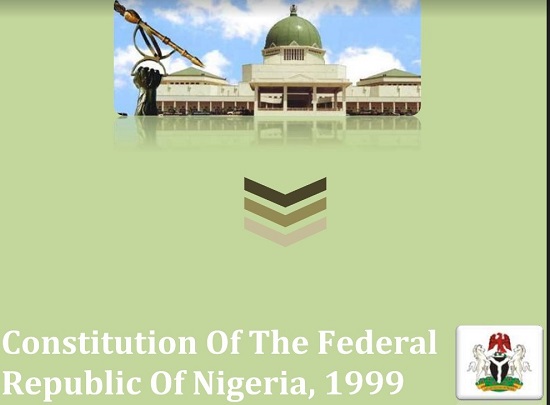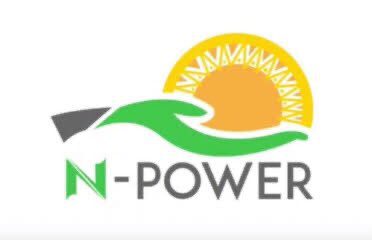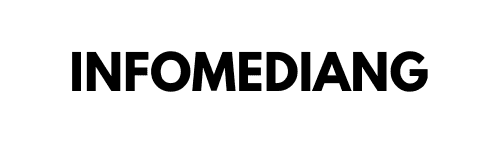Section 713 of Nigeria’s Financial Regulations is very clear on this: Funds in government accounts cannot be transferred into personal accounts.
The revelations about the financial transactions and dealings of the Ministry of Humanitarian Affairs and Poverty Alleviation in recent times indicate that billions of naira were deposited into private accounts of individuals within the ministry.
Table of Contents
In one discovery involving the past financial records of the ministry under Sadiya Farouk, it was found that N37.1 billion was transferred from the Humanitarian Affairs ministry account to private accounts owned by James Okwete and other company accounts linked to the suspect. Sadiya disowned him.

Reports suggest that Betta Edu, Sadiya’s successor, was responsible for exposing the financial mismanagement of her predecessor.
This act angered certain internal employees who remained loyal to Sadiya.
In response, they disclosed an internal memo to counteract and demonstrate that the recently suspended minister – former Cross River Health Commissioner – was not as virtuous as perceived.
Case of Corruption Fight Against Corruption
When you fight corruption, corruption fights back, Edu is now also facing investigation for paying more than half of a billion naira – N585,198,500 – into UBA private bank account 2003682151 belonging to one Oniyelu Bridget Mojisola.
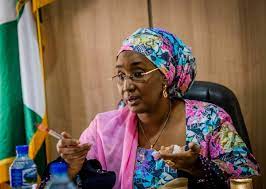

The memo which ordered the payment is dated December 20, 2023, addressed to, and received by the Office of the Accountant General of the Federation (OAGF) showed that the payment was made as follows:
- N219,429,750: 2023 grant for vulnerable groups in Akwa Ibom State
- N73,828,750: 2023 grant for vulnerable groups in Cross River State
- N219,462,250: 2023 grant for vulnerable groups in Lagos State
- N72,468,750: 2023 grant for vulnerable groups in Ogun State
“It is glaring that the same sponsored disgruntled elements in the past few days have been trying to smear the Honourable Minister, Dr Betta Edu, and stain her integrity because she alerted the Federal Government attention to the ongoing N44.8 Billion Fraud in NSIPA.”
Rasheed Zubair, Edu’s media aide
It Is An Old Practice By Federal Ministries
Financial activities of the ministry before Edu’s tenure
Between 2018 to 2023 N37,170,855,753.44 was paid into the private accounts of one James Okwete including his companies’ bank accounts from the coffers of the Federal Government linked to the Ministry of Humanitarian Affairs, Disaster Management and Social Development.
And suspicious transactions took place as follows:
- He converted the sum of N6,746,034,000 to foreign currencies through Bureau De Change Operators
- He withdrew N540,000,000 in cash,
- He used N288,348,600 to purchase cars
- N2,195,115,000 was used to purchase properties within Abuja and Enugu.
His bank accounts:
“Fifty-three companies were traced to the suspect. He used 47 of the companies to lift Federal Government contracts amounting to N27,423,824,339.86.
“Okwete is associated with 143 bank accounts in 12 commercial banks in which 134 of the 143 accounts are corporate accounts linked to different companies,” the document revealed.
A statement by the media aide to Betta Edu suggests that making payments into private bank accounts was not new.
In a now deleted Tweet at twitter.com/fmha_pa/status/1743347677629194264, Rasheed said the payment of N585.1 million into Oniyelu’s account was meant for vulnerable groups in Cross River, Akwa Ibom, Lagos, and Ogun states.
He said because Oniyelu is a project accountant for grants for vulnerable groups and the transfer followed due process.
“For the avoidance, the said N585m was approved, and it is meant to implement grants to vulnerable groups in Akwa Ibom, Cross River, Ogun, and Lagos states.
“Oniyelu Bridget is the Project Accountant for GVG from the Department of Finance, and it is legal in civil service for a staff, the project accountant, to be paid and use the same funds legally and retire the same with all receipts and evidence after the project or programme is completed.”
Is Rasheed Zubair correct that it is not illegal to make payments from government covers into private accounts?
Does the transfer of funds from Federal Ministries in Nigeria to private entities imply legality?
Let’s check what Nigerian Law says about his claim.
What does Nigeria’s Financial Regulations Say About Payment Into Private Accounts?
According to the document that has gone viral on social media, signature of Edu was conspicuous on the leaked internal memo that released the fund.
Although the Accountant General of the Federation, Oluwatoyin Madein, claimed that government money should not be paid into a private account, the transactions took place, anyway.
“The Ministry was advised on the appropriate steps to take in making such payments in line with the established payment procedure.
“No bulk payment is supposed to be made to an individual’s account in the name of the Project Accountant.”
Premium Times quoted the AGF as saying.
Is it legitimate?
The Financial Regulations (Revised To January 2009) – which is available for download here – is very clear about how government funds should be handled and how transfers should be made.
The Act clearly states that making payments from a government account to a private account amounts to fraudulent intentions.
Chapter 7, section 713 of the Financial Regulations
Section 713 entitled, “Public and personal money to be kept separate” strongly frowns against paying government monies into private accounts.
“Personal money shall in no circumstances be paid into a government bank account, nor shall any public money be paid into a private bank account. An officer who pays public money into a private account is deemed to have done so with fraudulent intention.”
Section 714
The law in section 714 also sheds light on “Payments by cheques”
“Where a Bank account is kept, only sufficient cash to meet small payments shall be allowed while all payments should be made by cheques. On no account shall contract payments be made by cash.”
But section 715 of the Financial Regulations which talks about, “Sums paid into Bank” may need legal clarification which says:
“Sub-Accounting Officers must ensure that all sums paid direct into their bank accounts are brought to account in their cash books promptly”
Several questions require legal clarification. For instance, Section 713 explicitly states that no payment can be made into a private account. However, Section 715 of the same law stipulates that sub-accounting officers are allowed to receive payments directly into their bank accounts, provided that such accounts have followed due process.
The memo ordering the payment states:
“This payment should be made from the National Social Investment office account with account number: 0020208461037 to the project account’s details above”
December 20, 2023 internal memo of Federal Ministry of Humanitarian Affairs
Therefore, the question arises: can we categorize the project manager within the ministry as a sub-accounting officer?
Conclusion:
The allegation of financial recklessness in the Humanitarian Affairs and Poverty Alleviation shows that other federal ministries may be found culpable if Nigeria’s anti-graft agency beamed its searchlight on them.
Above all, the suspension of Edu will send a powerful signal to other ministers that it is not business as usual.


